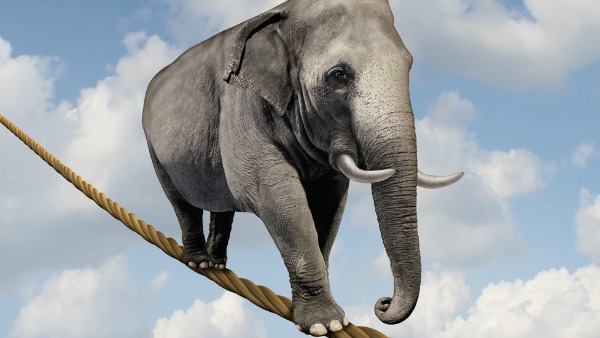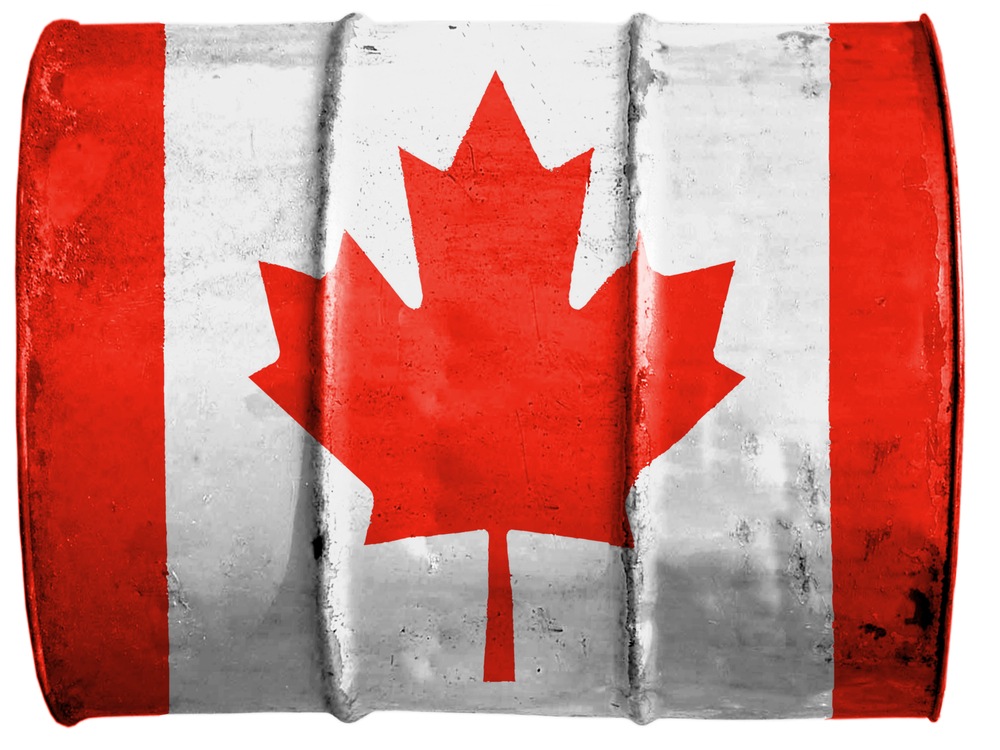While the Obama administration dithers over whether to approve TransCanada’s planned Keystone XL pipeline, the pipeline builder announced Thursday that it will pursue an even bigger project connecting Alberta’s tar-sands oil fields with refineries in the nation’s east.
The 2,700-mile, $12 billion Energy East Pipeline would carry 1.1 million barrels per day, making it more than a third larger than Keystone XL, which is intended to carry 800,000 bpd.
The line, which still needs regulatory approval, could be in service by late 2017 for deliveries to Quebec and 2018 for New Brunswick, potentially reshaping the Atlantic Basin oil market and opening up new markets for Canadian crude.
Customers have already pledged to use at least 900,000 bpd of the line’s capacity, suggesting that producers and refiners will pay for an export route, while regulatory hurdles delay pipelines in Western Canada and to the United States.
“It looks like they got far more interest than they were initially expecting,” said analyst Sandy Fielden of consulting firm RBN Energy in Austin, Texas.
As you would expect, Canadian environmentalists are appalled at the thought of shipping so much dangerous, climate-changing cargo across their country:
[W]hile cross-Canada political support was mostly strong, environmental groups that have resisted projects to pump crude across the Rocky Mountains to Canada’s Pacific Coast are already attacking TransCanada’s new plan. …
“The same people-power movements that have stalled other ill-conceived tar sands pipeline projects will rise up to tell our governments we need to invest in clean energy, not tar sands expansion,” Mike Hudema, a climate and energy campaigner for Greenpeace Canada, said in a statement.
Even if the Energy East line is built, TransCanada will still want Keystone XL. From the Canadian Broadcasting Corporation:
University of Calgary business professor Bob Schultz said the west-to-east pipeline project is not a backup plan for TransCanada in the event the Keystone XL project is rejected.
Schultz said there is enough demand in Alberta for oil transportation to justify several projects. …
“What this does is it enables the oil that’s in the ground to be distributed to refineries with some confidence in advance.”
If only such confidence could be extended to environmental safeguards. But oil pipelines spill; they always have and they always will.





